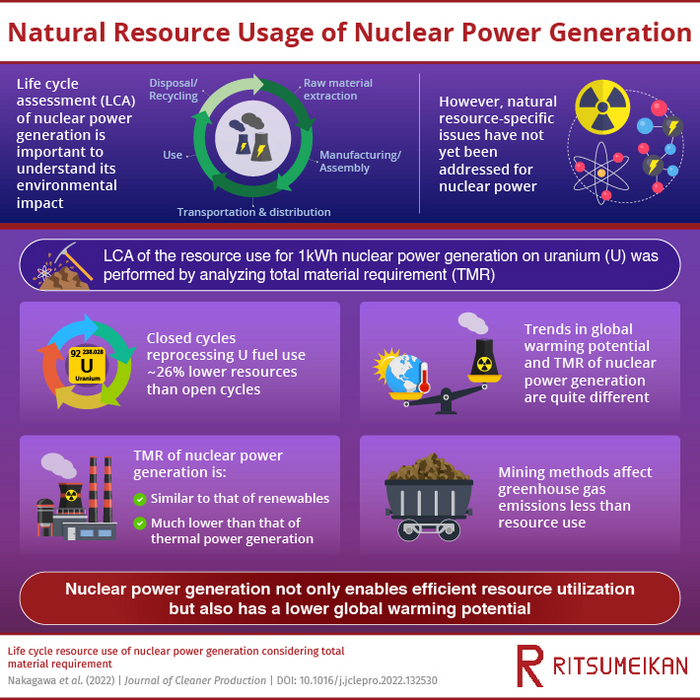Energy
Monday, October 7th, 2024 4:50 pm EDT
Key Points
- U.S. crude oil prices surged over 3% on Monday, fueled by fears that Israel might retaliate against Iran’s oil industry following a ballistic missile attack from Tehran, leading to significant weekly gains in both West Texas Intermediate (WTI) and Brent oil prices.
- President Joe Biden discouraged Israel from attacking Iranian oil facilities, emphasizing the potential for a major impact on the oil market, particularly if Israel strikes Kharg Island, which processes 90% of Iran’s crude exports; analysts warn that any escalation could bring the region closer to war.
- While the market currently anticipates a strike on Iran’s oil facilities, experts caution that the worst-case scenario involves a disruption in the Strait of Hormuz, a vital chokepoint for global oil exports, which would dramatically affect crude prices if Iran retaliates.
U.S. crude oil prices surged over 3% on Monday as the market remained on edge in anticipation of potential Israeli military action against Iran. The spike in oil prices follows a week of significant increases, fueled by fears that Israel may retaliate against Iran’s oil industry after Tehran launched a ballistic missile attack. Last week, U.S. benchmark West Texas Intermediate (WTI) saw its most substantial weekly gain since March 2023, rising 9.09%, while the global benchmark Brent oil increased by 8.43%, marking its largest advance since January 2023.
As of around 11:50 a.m. ET on Monday, the energy markets showed notable movements: the November contract for West Texas Intermediate rose by $2.58 to $76.96 per barrel, reflecting a 3.47% increase and a year-to-date gain exceeding 7%. Similarly, the December contract for Brent oil climbed $2.57 to $80.62 per barrel, up 3.29% and over 4% higher year-to-date. The RBOB gasoline November contract increased by 3.11% to $2.161 per gallon, while natural gas prices dipped by 3.78% to $2.746 per thousand cubic feet, although natural gas is still ahead by more than 9% year-to-date.
In response to rising tensions, President Joe Biden cautioned Israel against attacking Iranian oil facilities. His comments came after prices surged by around 5% the previous day when he indicated that the U.S. was considering such actions. Biden also expressed his opposition to any Israeli strikes on Iran’s nuclear facilities. The uncertainty surrounding Israeli retaliation adds to the complexity of the oil market, as analysts remain unsure about the potential targets of any military action. Helima Croft, head of global commodity strategy at RBC Capital Markets, highlighted the significance of the situation, noting that if Israel were to strike Kharg Island—where 90% of Iran’s crude exports are processed—the impact on global oil markets would be considerable.
Further complicating matters, Alan Gelder, vice president of oil markets at Wood Mackenzie, warned that while the current market is pricing in the likelihood of an Israeli strike on Iran’s oil facilities, this is not the worst-case scenario. A disruption in the Strait of Hormuz, a critical chokepoint through which 20% of the world’s crude exports pass, would have a far more dramatic effect on crude prices. Should Iran respond to an Israeli attack by targeting the strait, the ramifications for global oil supplies could be severe, raising concerns of escalating tensions in the region.
For the full original article on CNBC, please click here: https://www.cnbc.com/2024/10/07/crude-oil-price-today.html




